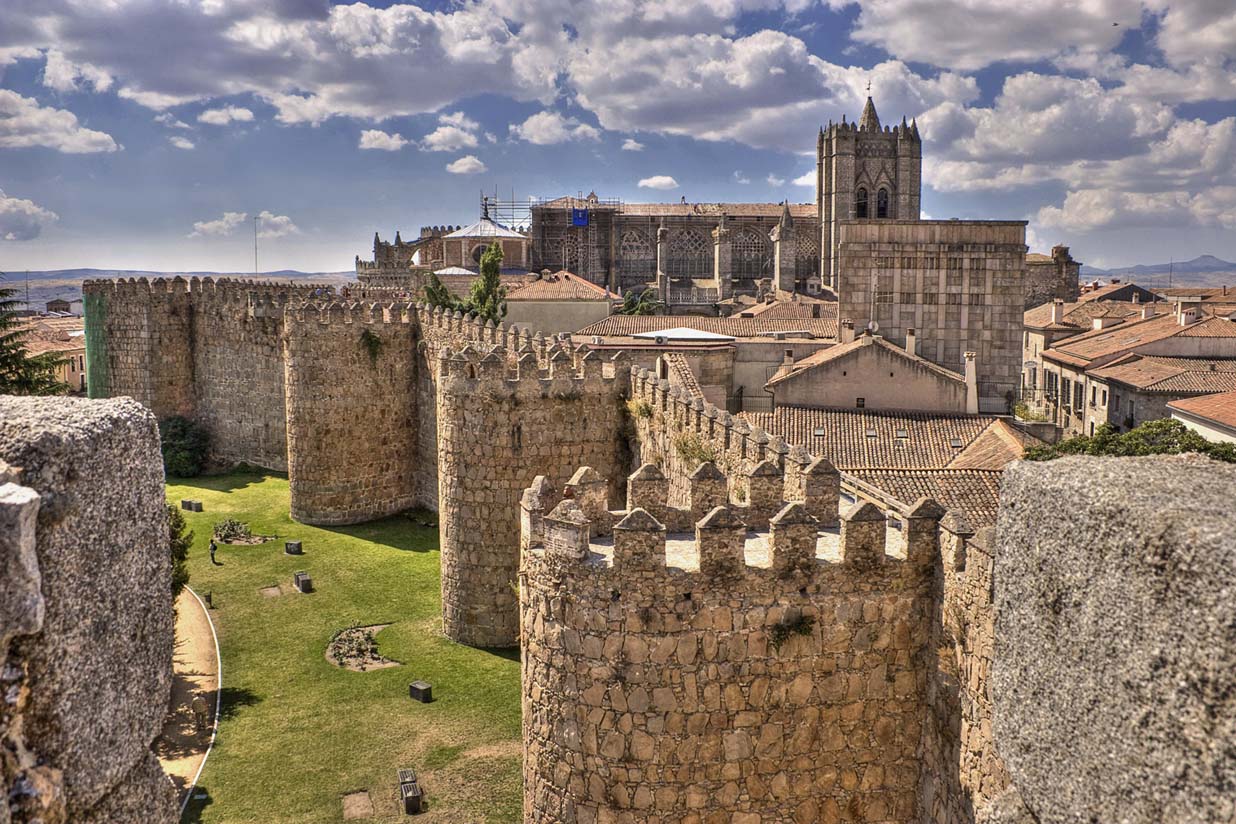 To Henry Ward Abbot
To Henry Ward Abbot
Oxford, England. May 20, 1887.
I wonder what Henry Grew told you about my father, (or was it about my mother or her first husband by any chance?) For surely nothing Quixotic has ever come to light about my father, at least to my knowledge. But he is an interesting man, and I shall be glad to tell you about him. It will help you, too, to understand where I get my genuine epicurianism and my faculty of living well on next to nothing a year. My father studied law at Valladolid, and on graduating went to Madrid, without a penny, for his father was dead and his mother and numerous brothers and sisters living (and they were humble people at best, my grandfather having been a government employee) and made friends there of all sorts. He had a good hand and a fondness for books and for painting and had translated some of Seneca’s plays into Spanish verse, etc. so that he found protectors easily and was sent to Manila. There in addition to his government employment he practised law to some extent—but never succeeded, being inconceivably lazy and dilatory. He returned three times to Spain to recover his health which was ruined by the climate and way of life of Manila, finally, I believe in ’59, when he retired on a pension and a very small capital. He had been supporting most of his family in Spain, but they had died off to a great extent by that time. One of his brothers, his favorite one, was shot in the first Carlist war, and this is one of the sources of the bitter hatred my father has for the clergy and all their doings, a hatred which in his old age has become a mania.
And now it becomes necessary to say that my father had met my mother in her romantic days when she was a Virginia without a Paul in one of the smaller Philippines, supporting herself by trading at the age of seventeen, and living entirely among the Indians. In fact it was the coming of my father and one or two other Spaniards to the island that drove my mother from it, as of course she couldn’t live alone where there were white men. I don’t know how much truth there may be in the story that there was a love episode at this time between them, but I believe the story is a later growth which has sprung up in the light of subsequent events. It surely was nothing at most but a flirtation, for I am glad to say that neither my father nor my mother have ever been in love either with each other or with anybody else. I know this not only on authority but also through intuition. And if what Henry Grew told you was the fable which some of the Sturgises have invented that my father romantically refused to get married for love of my mother and waited till she became a widow— the notion is deliciously absurd, since my father has no illusions on the subject of women—least of all about my mother—and lives comfortably enough without her after marriage. And then, to put on the finishing touch, the Sturgises ought to know that no one lives in Manila without a mistress, even if he isn’t a priest. Besides my father first knew my mother well after she was married to Mr. Sturgis, who was one of my father’s friends at Manila, and liked him for being more intellectual and rational than most of the Spaniards in the place. In fact he once made a 90 days voyage to Boston with my mother and Mr. Sturgis, at the latter’s suggestion that he might thus get to Spain quicker—which was the fact. And when long after Mr. Sturgis’s death my mother met him at Madrid again, the marriage that was arranged was surely not romantic. My mother was independent, anti-religious, and an old friend—thus no unpleasant complications were to be feared, and a home and interests for one’s old age might be formed. But they were married with the agreement that my mother was to return to America, where my father could never dream of living.
I see I have told you more about my father’s history than about himself. Well, he is now over seventy. His first and overmastering concern is his digestion—which is weak. His next is I dare say what becomes of me, and his almost exclusive subject of conversation is the ruin wrought by the Church. He is very anxious to live many years. He has read and thought a good deal, and writes admirably. His talk is also very interesting and even eloquent—full of cynicism and contempt for human nature together with a strange reverence for material success and prosperity. His philosophy is that of Voltaire minus the Deism, which he considers an insincerity on Voltaire’s part. My father believes a great deal in people’s insincerity and ill will. I think he doesn’t give them enough credit for their stupidity and irrationality and utter helplessness physical and moral. Still in particular cases where we have disagreed I must confess he has turned out to be in the right, and that farfetched as his suspicions appeared to me, they were quite justified. It is a strange effect that my father’s character and opinions have on me. I never feel inclined to combat what he says although I would often say the opposite myself, for it is so well reasoned, so clearly logical, simple, and compact that all I can do is to listen in silence, while my imagination is filled with all the things he is leaving out, and my heart is going out to all the things he doesn’t value.—I respect him and yet I pity him.
For the second time in this letter you refer to what you call my “pluck”. Now I like to be flattered, and encourage anyone willing to do so, but I like to be flattered judiciously. In what does my “pluck” consist? Anyone would think I was working my way through dreadful trials in hopes of benefiting my fellow-man. The fact is I am living comfortably, travelling about Europe, going precisely where I like, reading when I want to, writing when I feel like it, making friends, both of old acquaintances and of new, with a fair prospect of keeping this up for a time, and with no aim or purpose at all except such as I choose to put before myself—and I am doing this at other people’s expense without incurring any uncomfortable obligations. How is the “pluck” then shown? It is true that I haven’t much to spend but I find what I have enough for all necessary things—among which the chief is dressing and living apparently like other people. Of course, I don’t live like other people really, because I leave out all the little expenses, but I do so from habit not with any conscious economy. My economy comes in when I plan what I shall do and how I shall do it—I forget all about economy in carrying out my plan. So that really I don’t find poverty at all a burden, but rather a stimulant. Besides I sponge systematically and on principle, not feeling my dignity compromised thereby anymore than if I were a monk or a soldier. For instance you mention what Loeser has done for me. Well, I think it was very good of him, and not only very good but very wise since he is no poorer in consequence and we had very good times together. I think you will believe me, even if other people don’t, when I say that I didn’t go to see him or keep up with him all through college because he treated me a great deal, any more than I keep up with him now from gratitude. I don’t feel any gratitude, or any other uncomfortable sensation. But I’m fond of the man, from having had a good time with him often, talking over things and going to the theatre.
Russell is the ablest man, all round, that I have ever met. You have no idea what a splendid creature he is, no more had I till I had seen a great deal of him. He isn’t good, that is he is completely selfish and rather cruel, although I fancy I made too much of his heartlessness at first. But then both practically and intellectually he is really brilliant. Leaving the practical side apart in which direction you may say I am easily dazzled, he is up on every subject from Greek tragedy to common law and from smutty stories to Buddhism. I know I am making a fool of myself in writing about him . . . I am going tomorrow to stay with Russell again, for he is laid up and wants company. It is Ward’s malady, so you see I have the requisite experience for nurse. Don’t tell this round, I beg of you, but I tell you because I am telling you everything today. I make an exception of Herbert, because I should have to tell him sooner or later, and he won’t chuckle over it as if it were a joke merely, which it isn’t.
From The Letters of George Santayana: Book One, [1868]–1909. Cambridge, MA: The MIT Press, 2001.
Location of manuscript: Butler Library, Columbia University, New York NY.
